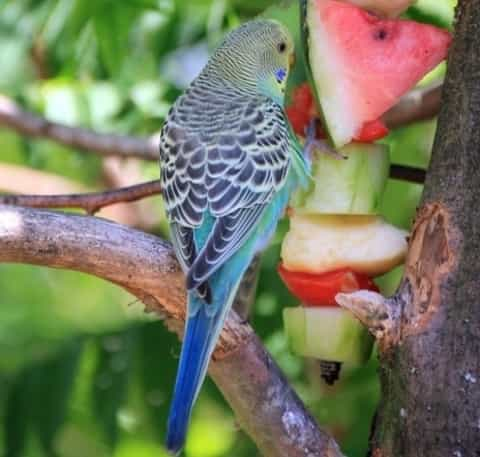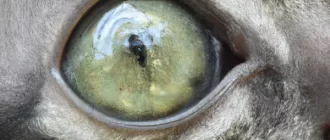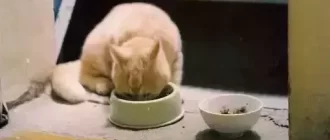Cats are susceptible to worms, which can cause serious health problems if left untreated. To avoid this, it’s important to know how worms get into a cat’s body and how to feed a cat so it doesn’t eat worm larvae.
How worms get into a cat’s body
Worms can enter a cat’s body in a number of ways. They can be ingested through contaminated food or water, or they can be passed on from other animals. They can also be passed on through fleas, which can carry worm larvae.
See also: Treating Tapeworms in Cats
Feeding a Cat to Avoid Worms
To avoid worms, it’s important to feed your cat a balanced diet that includes a variety of foods. Canned and dry cat food are both good options, but make sure to check the ingredients list to make sure the food doesn’t contain any worm larvae. It’s also important to feed your cat fresh, clean water.
In addition to a balanced diet, it’s important to give your cat regular deworming treatments. This will help to prevent worms from entering your cat’s body and will also help to get rid of any existing worms.
Finally, it’s important to keep your cat’s environment clean. Regularly clean your cat’s litter box and make sure to pick up any feces in the yard. This will help to reduce the risk of your cat ingesting worm larvae.
Read also: Best Cat Food for Sensitive Stomach
How to fight with worms?
Pills: Deworming pills for cats are an effective way to get rid of intestinal parasites. These medications come in different forms, and your veterinarian will be able to recommend the best one for your cat. The pills are usually given orally, and may require several doses to be taken over a period of time. It’s important to make sure to follow your veterinarian’s instructions closely to ensure the treatment is effective.
Drops: Deworming drops for cats are a convenient and easy way to get rid of intestinal parasites. These medications come in liquid form and are usually administered directly into the cat’s mouth. The drops are usually given once or twice a week, and may require several doses to be taken over a period of time. It’s important to make sure to follow your veterinarian’s instructions closely to ensure the treatment is effective.
Conclusion
By following these tips, you can help to keep your cat healthy and free from worms. Feeding your cat a balanced diet, giving it regular deworming treatments, and keeping its environment clean are all important steps in avoiding worms.






